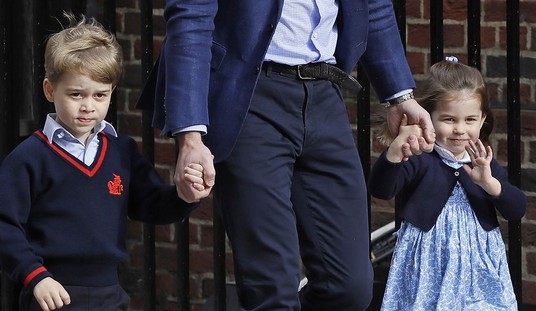CIA chief David Petraeus warns:
Al-Qaeda in the Arabian Peninsula (AQAP) has emerged as the most dangerous regional node in the global jihad.
But despite increased U.S. access, air strikes, and praise of Yemeni government cooperation, AQAP has continued to grow stronger.
What U.S. government statements fail to mention is that the Yemeni government has been paying, training, directing, providing safe haven to, and exporting al-Qaeda terrorists for two decades. For example, it freed 70 al-Qaeda operatives in March — not to mention other escapes, early releases, and pardons.
U.S. officials also rarely mention that since nationwide protests erupted in February, the Sana’a regime has slaughtered hundreds of Yemeni protesters and bombed dozens of villages. In order to restore stability, the United States and Saudi Arabia endorsed the Gulf Cooperation Council (GCC) plan that offers the rulers prosecutorial immunity if they accepts a unity government and early elections. In effect, this backs the regime remaining in power despite demonstrations calling for its immediate ouster.
Despite the golden parachute he’s been offered, President Ali Abdullah Saleh repeatedly reneged on signing such a deal. In May, regime supporters besieged diplomats gathering for the alleged signing ceremony. Freed hours later, the U.S. ambassador downplayed the incident. On September 19, international interlocutors arrived in Sana’a to try again to finalize the agreement. That day, security forces opened fire, killing 93 protesters and injuring 700. Snipers and tanks also attacked in Taiz, Yemen’s second largest city.
The State Department urged “all parties” to “refrain from actions that provoke further violence” — as if the unarmed protesters were somehow responsible.
In a stunningly audacious move, President Saleh returned to Yemen days later, following a three-month exile in Saudi Arabia where he was recovering from injuries sustained in an attack on the presidential palace. Saleh said he came with “a dove of peace” — but regime forces began shelling the protesters at midnight, as snipers fired from roofs.
Fifty were killed that day.
The United States, UK, France, Saudi Arabia, the GCC, and UN all managed to react by once again endorsing the GCC plan without any criticism of Saleh.
The regime uses the al-Qaeda threat to mobilize international support for itself. Counterterrorist forces — headed by Saleh’s son and nephews and U.S.-funded, trained, and equipped — are a critical part of the regime’s defenses. (Obama officials say there is no evidence that specific U.S. trained units are complicit in murdering protesters.)
Even worse, Saleh’s relatives operate on both sides of the terrorism fence. For example, security forces withdrew from Zinjibar City in Abyan in May, leaving the place open to AQAP — which seized abandoned weapons, looted the city, and declared an Islamic emirate there. They beheaded a suspected witch and chopped off a boy’s arm in a crowded stadium. About 1500 local tribesmen who banded together to fight AQAP were “accidentally” bombed by the Yemeni air force in July, killing dozens.
Judge Hamoud al-Hitar is the former minister of religious endowments and head of Yemen’s defunct dialogue program which “reformed” 342 hardened terrorists. He said that, in reality, the Sana’a regime is paying AQAP in Abyan through top security officials in order “to frighten the West and to suppress the Yemeni revolution.”
Former Foreign Minister Abdullah al-Asnag wrote:
[In Abyan] a substantial number of these supposed terrorists have turned out to be on the payroll of the National Security Agency (NSA). Many families of the deceased and supposed terrorists have reported that their sons were employed by the National Security Agency and some families even presented NSA ID Cards belonging to the deceased.
As part of a local mediation effort, Sheik Hussain bin Shuaib engaged top al-Qaeda commanders. He later said al-Qaeda fighters were “planted” in Abyan by Saleh, “who always uses them” in internal conflicts:
The regime used them in the summer 1994 war and in wars on the Houthis in Saada. It is no secret that those who blew up the U.S. embassy in Sana’a on September 17, 2009, were military officers and they used a military vehicle and hired al-Qaeda fighters, giving them military uniforms. The Saleh regime is not to be trusted on anything. It is the cause of all problems of the country.









Join the conversation as a VIP Member